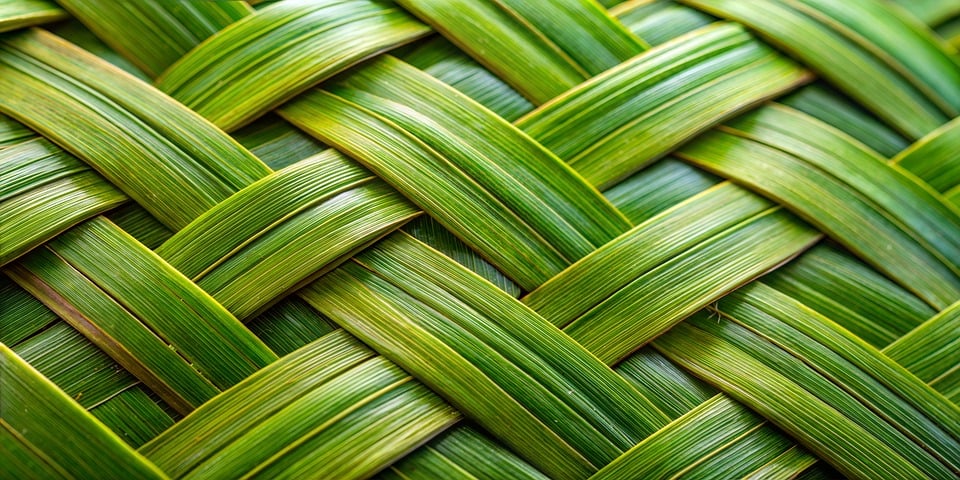The world’s population is expected to reach 9.7 billion by 2050, placing immense pressure on our food production systems. Industrial agriculture has been touted as the solution to global food security, with its large-scale monoculture farms and intensive use of synthetic fertilizers and pesticides. However, the environmental costs of this agricultural model are becoming increasingly apparent. In this article, we will explore the impact of industrial agriculture on water pollution and soil degradation, two critical components of our ecosystem that are under threat from current farming practices.
Historical Context
Industrial agriculture emerged in the 20th century as a response to the need for increased food production to feed a growing population. The Green Revolution, which began in the 1960s, introduced high-yielding crop varieties, chemical fertilizers, and pesticides that significantly boosted agricultural productivity. While this led to dramatic increases in food production, it also set the stage for the environmental challenges we face today.
Current State
The industrial agriculture system relies heavily on synthetic fertilizers and pesticides to maximize crop yields. These chemicals end up in water bodies through runoff, leaching, and atmospheric deposition, leading to water pollution. Excessive use of fertilizers also contributes to soil degradation, as it disrupts the natural balance of nutrients in the soil and reduces its fertility over time.
Water Pollution
– Chemical fertilizers and pesticides contaminate water sources, posing risks to human health and aquatic ecosystems.
– Nutrient runoff from farms can lead to eutrophication, causing algal blooms and fish kills in rivers and lakes.
– Pesticide residues in water can harm aquatic organisms and disrupt the balance of the ecosystem.
Soil Degradation
– Intensive tillage and monoculture farming practices lead to soil erosion, compaction, and loss of organic matter.
– Chemical fertilizers degrade soil structure and reduce its ability to hold water and nutrients.
– Continuous use of pesticides can lead to the buildup of toxic residues in the soil, harming soil microbes and beneficial organisms.
Future Predictions
If current trends in industrial agriculture continue unchecked, the consequences for water pollution and soil degradation could be severe. Climate change is exacerbating these issues, as extreme weather events such as droughts and floods become more frequent. Sustainable agriculture practices, such as conservation tillage, crop rotation, and agroforestry, offer promising solutions to mitigate the impact of industrial agriculture on the environment.
Conclusion
Industrial agriculture has significantly increased food production but at a high environmental cost. Water pollution and soil degradation are serious challenges that require urgent attention and action. By transitioning to sustainable farming practices and promoting agroecological approaches, we can protect our water resources and preserve the fertility of our soils for future generations. It is crucial for policymakers, farmers, and consumers to work together to create a more sustainable food system that prioritizes environmental stewardship. Thank you for reading and considering the impact of industrial agriculture on water pollution and soil degradation. For further information, we recommend exploring resources from organizations such as the Food and Agriculture Organization of the United Nations and the World Wildlife Fund.









